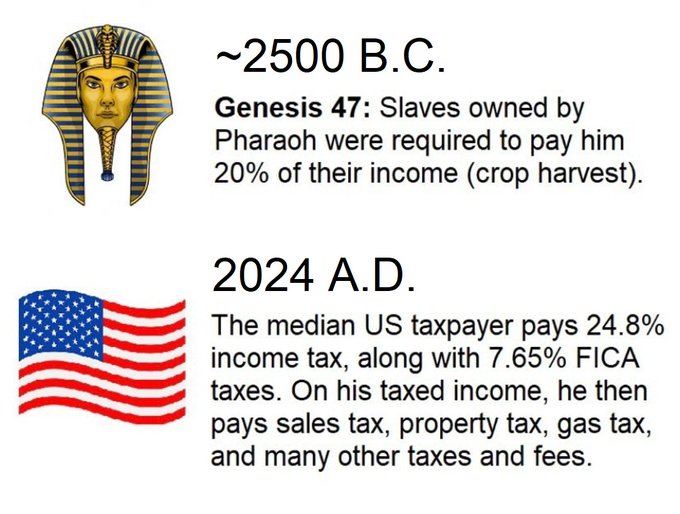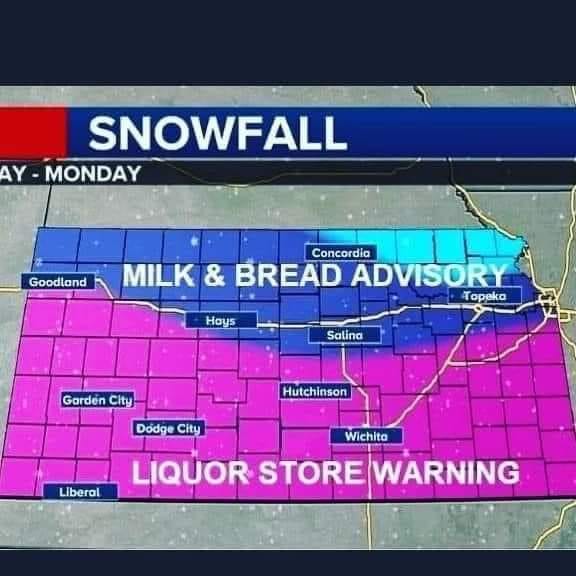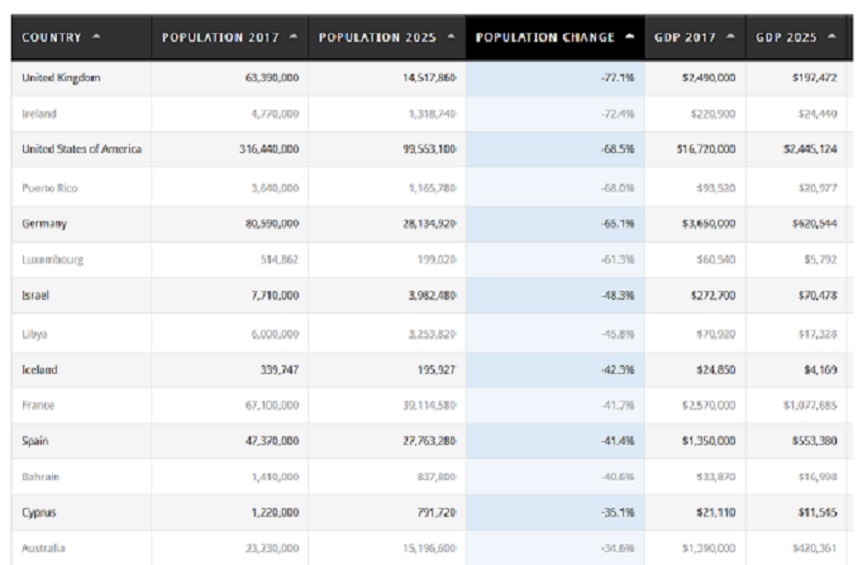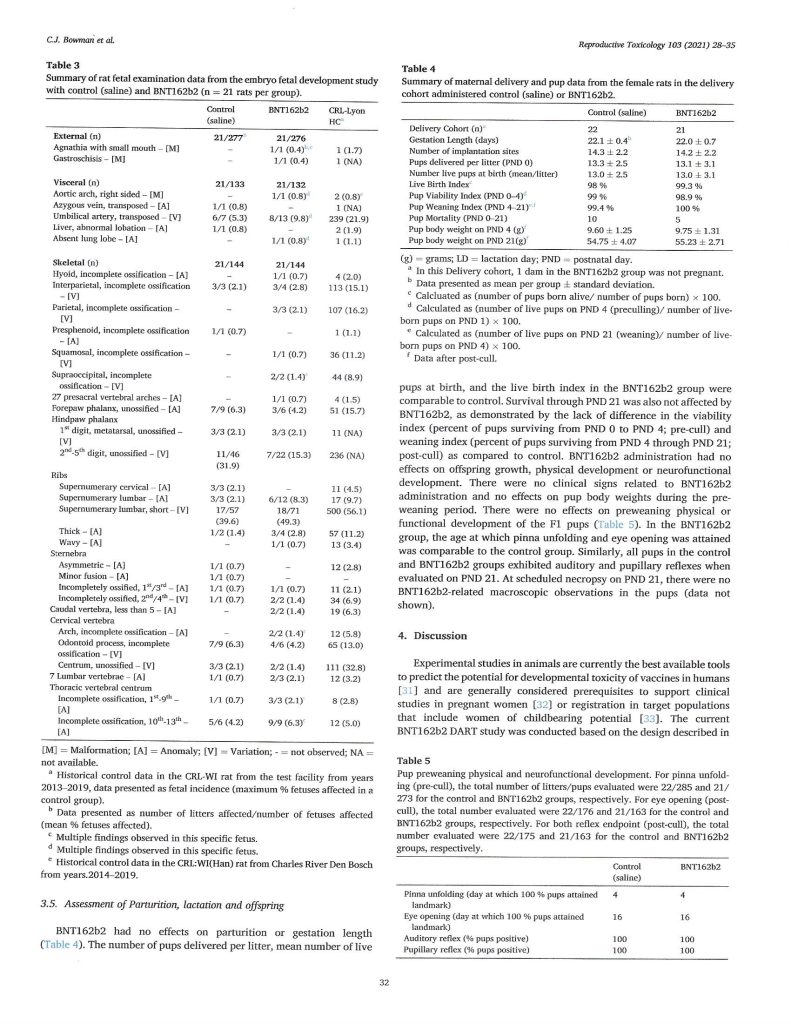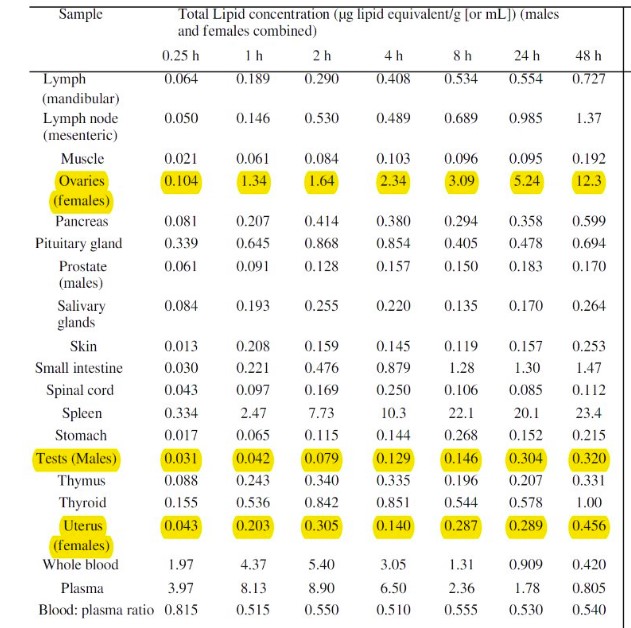What is it that feeds our battle, yet starves our victory?
Speaker Johnson: A Reminder.
January 6 tapes. A good start…but then nothing.
Were you just hoping we’d be distracted by the first set and not notice?
Are you THAT kind of “Republican”?
Are you Kevin McCarthy lite?
What are you waiting for?
I have a personal interest in this issue.
This Man is Pissed!

And if you aren’t…what the hell is wrong with you?
Is This Our Anthem?
Or at least our song to march to?
I’m sure most of you know I don’t believe in “devolution” or any variant of “we’re really still in charge” and certainly not the ones that come with “They’re waiting for everyone to wake up.”
No, I don’t think the good guys are in charge. But that makes it even more necessary that people wake up.
This might be the Uncle Tom’s Cabin of our age. (Or perhaps the recent trafficking movie was it. Or maybe both.)
Certainly there seem to be a huge number of people who are finally having the light bulb turning on when they hear this song.
Joining The Herd Of Lemmings
I’ve had cause to consider a few things. Maybe we’re going about it the wrong way, and we need to ditch Trump
Yeah, NO
Trump all the way! Why? Because being hated by the people who hate him is a sign of impeccable character, that’s why.
The haters can go fuck themselves with rusty twelve gauge bore brushes. I’d prefer ten gauge but that’s kind of scarce, so…I’m willing to compromise.
The RINO’s Dilemma
The RINOs who who have burrowed in and taken over most GOP organizations, from the state down to local organizations, have quite a dilemma on their hands, and most of them have their heads too far up their asses to realize it.
OK, I’m not talking about the liberal in a Republican area, who knows they’re in the wrong party, but is there because it’s the only game in their town; they hope to capture a nomination someday, at which point they’re guaranteed to be elected…otherwise, they never will be. These people are a hazard in any heavily conservative area.
No, I’m talking about the guys who are a little bit conservative and want to do some good by going into politics, and they’re in a closely matched area, closely enough that they can join the party they are most aligned with and still have a chance. They think the Democrats…particularly the ones who end up running for office…are nuts.
They don’t think much better of the Deplorable types, either. A bunch of bumpkins whose hearts are in the right place, mostly…OK a bit extreme. But they think Deplorables can’t understand that first you have to get elected, then work within the system to change things…a slow process. They genuinely want many of the things Deplorables want…just not as much. The government is spending too much. Or they need to spend money on highways instead of welfare for illegal immigrants. But they want to work within the system to get these things done.
Or maybe they think things are pretty close to ideal right now, and they want to nail it in place.
The problem is, that means they don’t stand for anything in particular. And it shows. They’re about as unappetizing to the electorate as a puddle of dog vomit. The folks in the middle, who they think they are appealing to because they themselves are not extreme, would honestly prefer a clear-spoken radical to someone who qualifies everything they say to the point where they sound like they don’t believe anything at all.
The problem these “Mild RINOs” have, is they just can’t see that. And the reason they just can’t see that, is their entire sense of self-worth is tied up in not seeing that. In their minds, they’ve worked tirelessly for their party, to keep those crazy Democrats out…only to have to constantly fight with a small number of crazy Republicans–who are only liabilities if they end up as candidates. They’ve fought the good fight, and if they can just find the right candidate, someone with some charisma, they might stop the crazies…without being too beholden to the OTHER crazies. In the meantime it’s not working. What’s a responsible guy in politics to do?
They simply cannot understand that the Republicans can’t succeed as the party of nothing in particular. Not really in the past, and certainly not today when people are starting to realize that no matter what they do in the voting booth, the country is still about to fly off a precipice. If they did see it, they’d suddenly have two choices: Go away and let the GOP succeed, or stay and fight. But “go away” isn’t really an option, because what’s the point of having a party now owned by the crazies, win?
Well, they have a dilemma…and WE, therefore have a problem. And we would have that problem even IF they realized that they had a problem…that they were the problem.
No one ever thinks they are the bad guy. Even Epstein probably thought he was the good guy. Right up to the moment where he didn’t kill himself.
So if you ever wonder why these unappetizing dufuses cling on even when their fingernails are being left behind…that’s why. They don’t understand no one wants them, and can’t imagine that no one should want them. And oftentimes their greatest pride is in all the hard work they’ve done for the party. They’re not going to give that up; it’d be psychological suicide.
If you’ve worked with these people, there’s a good chance you like them and consider some of them your friends. But even if so…we’re going to have to give them a good, hard shove. Because America is more important than those milquetoasts’ egos.
Justice Must Be Done
The prior election must be acknowledged as fraudulent, and steps must be taken to prosecute the fraudsters and restore integrity to the system.
Nothing else matters at this point. Talking about trying again in 2022 or 2024 is hopeless otherwise. Which is not to say one must never talk about this, but rather that one must account for this in ones planning; if fixing the fraud is not part of the plan, you have no plan.
Lawyer Appeasement Section
OK now for the fine print.
This is the WQTH Daily Thread. You know the drill. There’s no Poltical correctness, but civility is a requirement. There are Important Guidelines, here, with an addendum on 20191110.
We have a new board – called The U Tree – where people can take each other to the woodshed without fear of censorship or moderation.
And remember Wheatie’s Rules:
1. No food fights
2. No running with scissors.
3. If you bring snacks, bring enough for everyone.
4. Zeroth rule of gun safety: Don’t let the government get your guns.
5. Rule one of gun safety: The gun is always loaded.
5a. If you actually want the gun to be loaded, like because you’re checking out a bump in the night, then it’s empty.
6. Rule two of gun safety: Never point the gun at anything you’re not willing to destroy.
7. Rule three: Keep your finger off the trigger until ready to fire.
8. Rule the fourth: Be sure of your target and what is behind it.
(Hmm a few extras seem to have crept in.)
Spot (i.e., paper) Prices
Last week:
Gold $2,046.30
Silver $23.26
Platinum $971.00
Palladium $1,050.00
Rhodium $5,050.00
This week, 3PM Mountain Time, markets have closed for the weekend.
Gold $2,046.90
Silver $23.29
Platinum $917.00
Palladium $998.00
Rhodium $5,050.00
Gold went nowhere awfully fast. It declined over the week, then suddenly jumped back up Friday on account of whatever it is that’s happening in the Middle East today (apparently something to do with Yemen). Silver, very similarly. Net move almost zero. But platinum went way down this last week and palladium isn’t doing so well either.
Fuck Joe B*d*n
Due to complaints about foul language, I’ve censored the most objectionable word in the title of this section.
B*d*n, you don’t even get ONE scoop of ice cream today.
(Please post this somewhere permanent, as it will continue to be true; the SOB will never deserve a scoop.)
Obligatory PSAs and Reminders
China is Lower than Whale Shit
Remember Hong Kong!!!
中国是个混蛋 !!!
Zhōngguò shì gè hùndàn !!!
China is asshoe !!!
China is in the White House
Since Wednesday, January 20 at Noon EST, the bought-and-paid for His Fraudulency Joseph Biden has been in the White House. It’s as good as having China in the Oval Office.
Joe Biden is Asshoe
China is in the White House, because Joe Biden is in the White House, and Joe Biden is identically equal to China. China is Asshoe. Therefore, Joe Biden is Asshoe.
But of course the much more important thing to realize:
Joe Biden Didn’t Win
乔*拜登没赢 !!!
Qiáo Bài dēng méi yíng !!!
Joe Biden didn’t win !!!






















